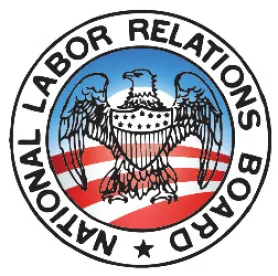Under well-settled, decades-old precedent, employers have historically been free to hold mandatory “captive audience” meetings to educate employees, share views on unionization, and discuss what employees’ rights are with respect to the same. However, on April 7, 2022, the NLRB General Counsel (“GC”) issued a memorandum stating her intent to ask the National Labor Relations Board (“Board”) to reconsider this rule, and overturn 75 years of precedent allowing an employer to hold “captive audience” meetings. Notwithstanding the plain wording of Section 8(c) of the NLRA, the GC takes the position that such mandatory meetings are inconsistent with employees’ rights under the NLRA. According to the GC, “captive audience” meetings chill employees’ Section 7 rights to refrain from listening to employer speech regarding unionization. She argues that employers typically use threats to coerce employees to attend mandatory meetings, and therefore these meetings fall outside the scope of statutory and constitutional free speech protections. Instead, she will urge the Board to require that an employer must make clear to employees that their attendance at these meetings is truly voluntary. While this memorandum does not change current law, it signals the GC’s intent to bring unfair labor practice charges against an employer for holding “captive audience” meetings in order to bring the issue before the Board.
Employers currently involved in campaigning efforts should be cautious when holding mandatory meetings. Some employers may want to reconsider whether to hold mandatory “captive audience” meetings—and instead hold voluntary meetings—until the GC finds a test case and the Board rules on the issue. Under the current Democratic majority, the Board may agree with the GC’s position and hold that mandatory meetings are unlawful, and overrule over 75 years of precedent. However, any such ruling would raise serious issues under Section 8(c) of the NLRA and the First Amendment of the U.S. Constitution and would almost certainly be appealed to the U.S. Court of Appeals.






 />i
/>i

